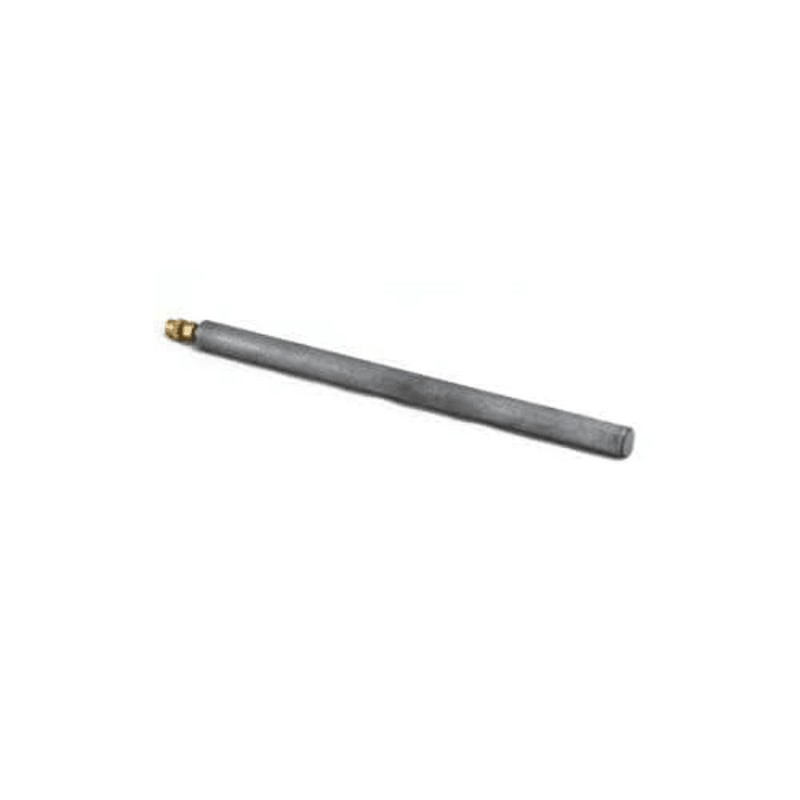Zinc Rod for Electrochemistry Experiments
Description:
A zinc rod is a cylindrical piece of zinc metal, typically used in electrochemical experiments and applications. It is often found in various lengths and diameters, with a metallic, silver-gray appearance. In the lab, zinc rods are used due to their reactivity, which makes them ideal for studying electrochemical reactions and redox processes.
Uses:
- Electrochemical Cells: Zinc rods are commonly used as electrodes in electrochemical cells, such as galvanic cells, where they act as an anode and help generate electrical energy.
- Corrosion Studies: Useful in experiments related to corrosion and corrosion prevention.
- Battery Production: Zinc rods are also used in research on battery technologies, particularly in zinc-carbon batteries.
- Galvanization Process: They serve as a sacrificial metal in galvanization, which helps protect other metals from rusting.
- Redox Reactions: Zinc rods help in the demonstration and study of redox (oxidation-reduction) reactions.
Precautions:
- Avoid Inhalation: When handling zinc, ensure proper ventilation as heating or cutting zinc can release harmful fumes.
- Wear Gloves: Use protective gloves to prevent direct contact with zinc, as it may cause skin irritation in some individuals.
- Proper Disposal: Dispose of any waste zinc in accordance with local environmental regulations to prevent pollution.
If you'd like to know more about this chemical or need any analysis
report regarding this chemical then contact us support@echem.com.bd.

Login To Comment